How Gordon Ramsay became the ‘Kim Kardashian’ of chefs and built an empire from the bottom up
He’s as known for his family and his fortune as he is for his work in the kitchen, but with five restaurants due to open in London, Gordon Ramsay shows no sign of slowing down. Hannah Twiggs considers his vast empire and asks what is more important: his food or his fame?


Gordon Ramsay is no stranger to making the news. Recent headlines include that he’s ramping up security at his £7m mansion after squatters took over his London pub last month; that he thinks he’s a better dad to his younger kids; and criticism of a viral video of Ramsay cooking “the most disgusting pizza you’ll ever see” (Bloody Mary base, black pudding and baked beans).
Meanwhile, the news that he’s opening five new restaurants in London later this year has flown under the radar. All of them will be in the highest of high rises, 22 Bishopsgate, and will include another Lucky Cat, another Bread Street Kitchen, a bar, a 14-seat chef’s table and a cookery school.
If you count burger joints and food court stalls alongside his restaurants, that brings the total number of Ramsay-branded eateries to nearly 90 – the biggest chef empire in the world.
But what does our fascination with his fortune, family and faux pas, and not his food, say about (arguably) the world’s most famous chef? It feels a bit more Kardashian than Hell’s Kitchen these days.
There’s something peculiar about Ramsay’s enduring lovability. Why is that so much opprobrium is chucked at objectively nice guy Jamie Oliver when so little vilifying is done of cooking’s most beloved villain?
Therein lies the answer. We all love an anti-hero.
While he might have a net worth double that of Harry Styles, several multi-million-pound mansions from West London to LA and at least eight top-of-the-range Ferraris in the garage, his story is one of rags to riches. Gordon Ramsay The Chef was not made in the kitchen. He was made on a Warwickshire council estate.
“Food played a significant role in my childhood,” he told The Guardian in 2009. “I remember asking for more and there wasn’t any.” His mum cooked “on a budget that you wouldn’t survive three days on today”, hunted down vegetables at the market because she knew the value of them, baked her own bread when there was a strike, saved the fat in the chip fryer for the next day’s dinner. She would always be the last of the family to eat.
His father, meanwhile, he describes as a violent alcoholic and “hard-drinking womaniser” who would beat his mum and the children. Sometimes, they had to “run for their lives”. He died in 1998, a year before Ramsay first appeared on TV.
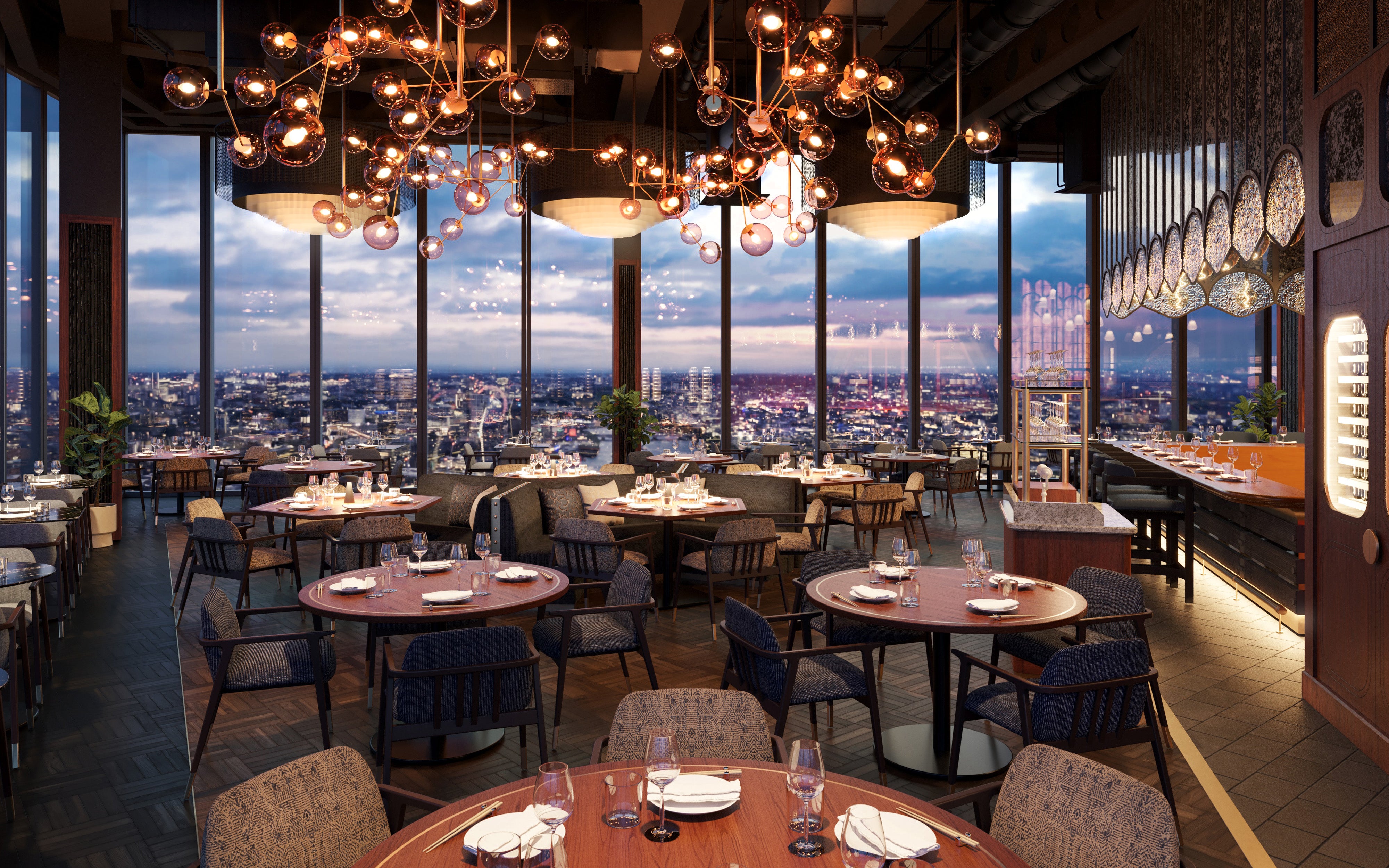
At school, Ramsay was embarrassed by having to rely on free meal vouchers, so much so he would sneak into the canteen while his friends were out playing football so they wouldn’t see.
You’d think, then, he’d ensure his own kids (he’s got six of them with his wife of 30 years) never faced such hardship. While I doubt they’ll ever go hungry, he told The Telegraph in 2017 that they “won’t see a penny” of his fortune – then a mere £150m.
Ramsay’s first ticket out of poverty was an early show of skill on the football field, until a career-ending knee injury put any dreams of a glittering career on the pitch to bed. Instead, he enrolled on a hotel management course. “A complete accident,” he said, but “an excuse to get out of the scenario quickly.” It was an opportunity to “get out of this country because I hated it”.
His first gig was as a commis chef at a hotel in Wroxton, near Banbury, then a job at a pub. The first inklings of a rule breaker soon began to emerge: he was fired after sleeping with the owner’s wife.
But he went from pubs to posh pretty quickly after that.
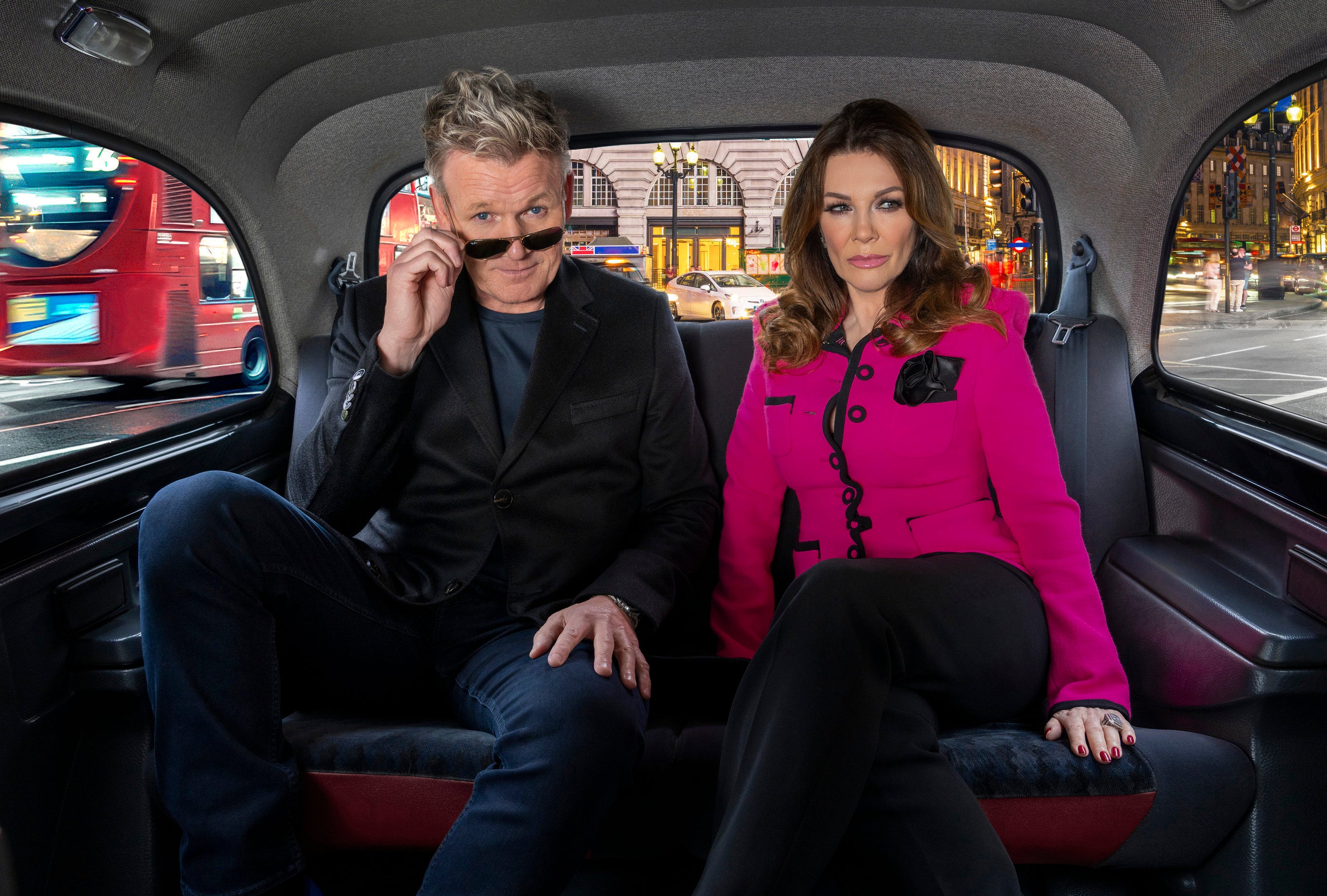
Fed up after a 24-hour shift at a pot-washing job, he went straight to a phone box to ring Marco Pierre White and begged him to give him a chance, which, somehow, actually worked. White gave him a job at his restaurant Harveys, where Ramsay worked his way up to sous chef, and later got him a job with Albert Roux at Le Gavroche.
From there, Ramsay’s culinary career reads like a bingo card of the most famous chefs of the time. After Roux, he worked with Guy Savoy and Joel Robuchon in Paris, took a year out to work on a private yacht in Bermuda, returned to London as head chef under Pierre Koffmann at his La Tante Claire in Chelsea. White reappeared and offered him head chef and a 10 per cent stake at Rossmore, which later became the famous Aubergine, and won two stars under Ramsay.
They parted ways in 1998 and Restaurant Gordon Ramsay at Hospital Road, still the flagship today, opened shortly after. Within three years, it received three Michelin stars and is still London’s longest-running restaurant to retain all three stars.
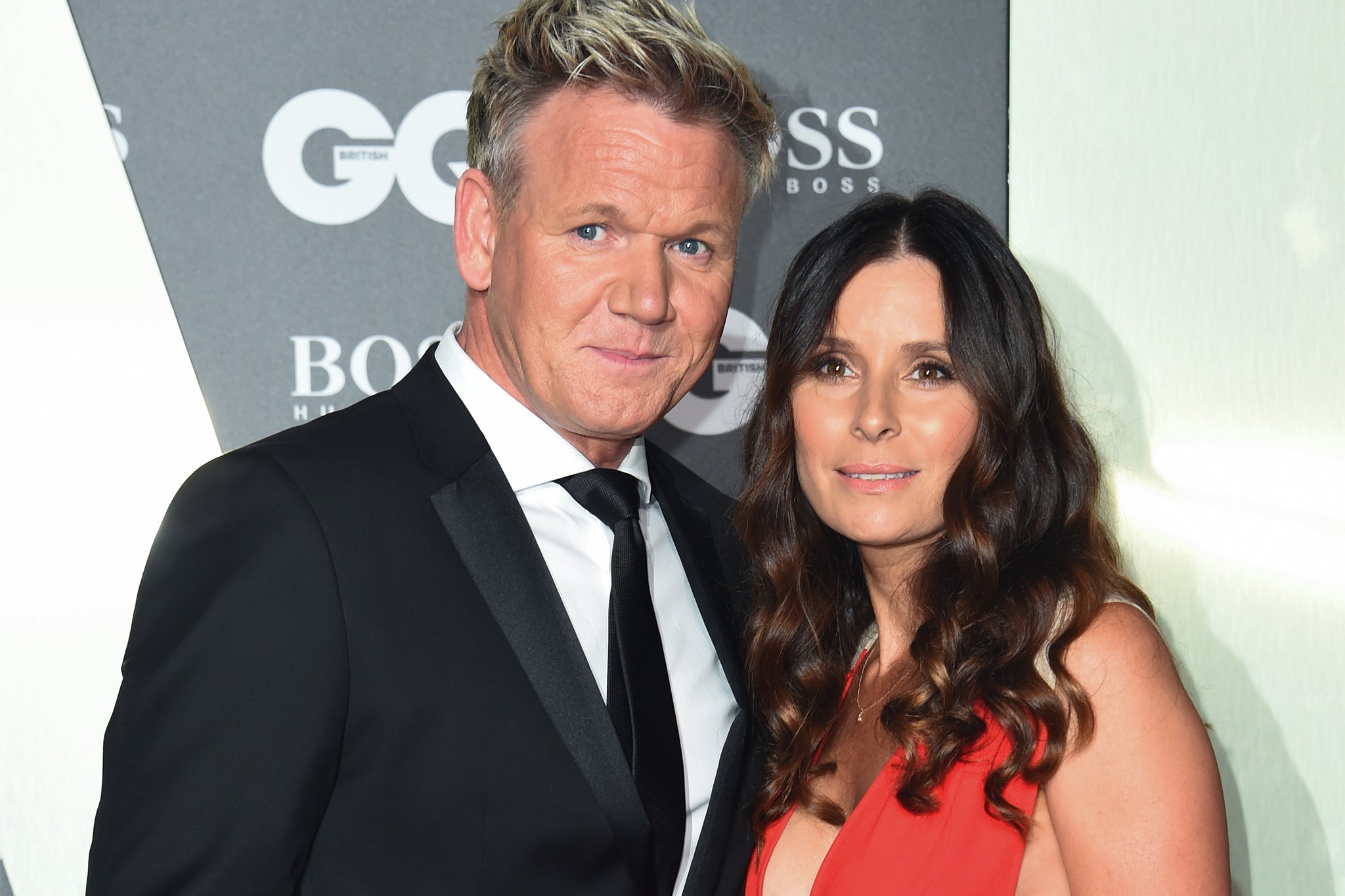
It was around this time that Ramsay looked beyond the kitchen. His debut television appearance, and perhaps what he is both most famous and most infamous for, was Boiling Point in 1999. On the face of it, it was a fly-on-the-wall five-part series that followed Ramsay as he geared up to open his first restaurant. The series saw Ramsay regularly and spectacularly losing his temper, and verbally and physically abusing his staff. The public loved it. But what it really served to do was define an era of celebrity chef and open the door for one of the most famous faces on the culinary scene to build a food empire.
After Restaurant Gordon Ramsay, there was Petrus in Knightsbridge, Amaryllis in Glasgow, Gordon Ramsay at Claridge’s, the Connaught, Verre in Dubai, two more in Tokyo, one in New York, one in Ireland, one in LA, one in Canada. Ramsay, the businessman, was on the rise.
The accolades swiftly followed. Restaurant Gordon Ramsay was the best restaurant in the UK for eight consecutive years. Ramsay got an OBE in 2006, the same year he was named the most influential person in the UK hospitality industry. In 2013, he was inducted into the Culinary Hall of Fame.
With fame, naturally, comes controversy. There have been lawsuits, mostly business spats. The most notable of which was the departure of his father-in-law Chris Hutcheson, with whom he had launched Gordon Ramsay Holdings, in 2010.
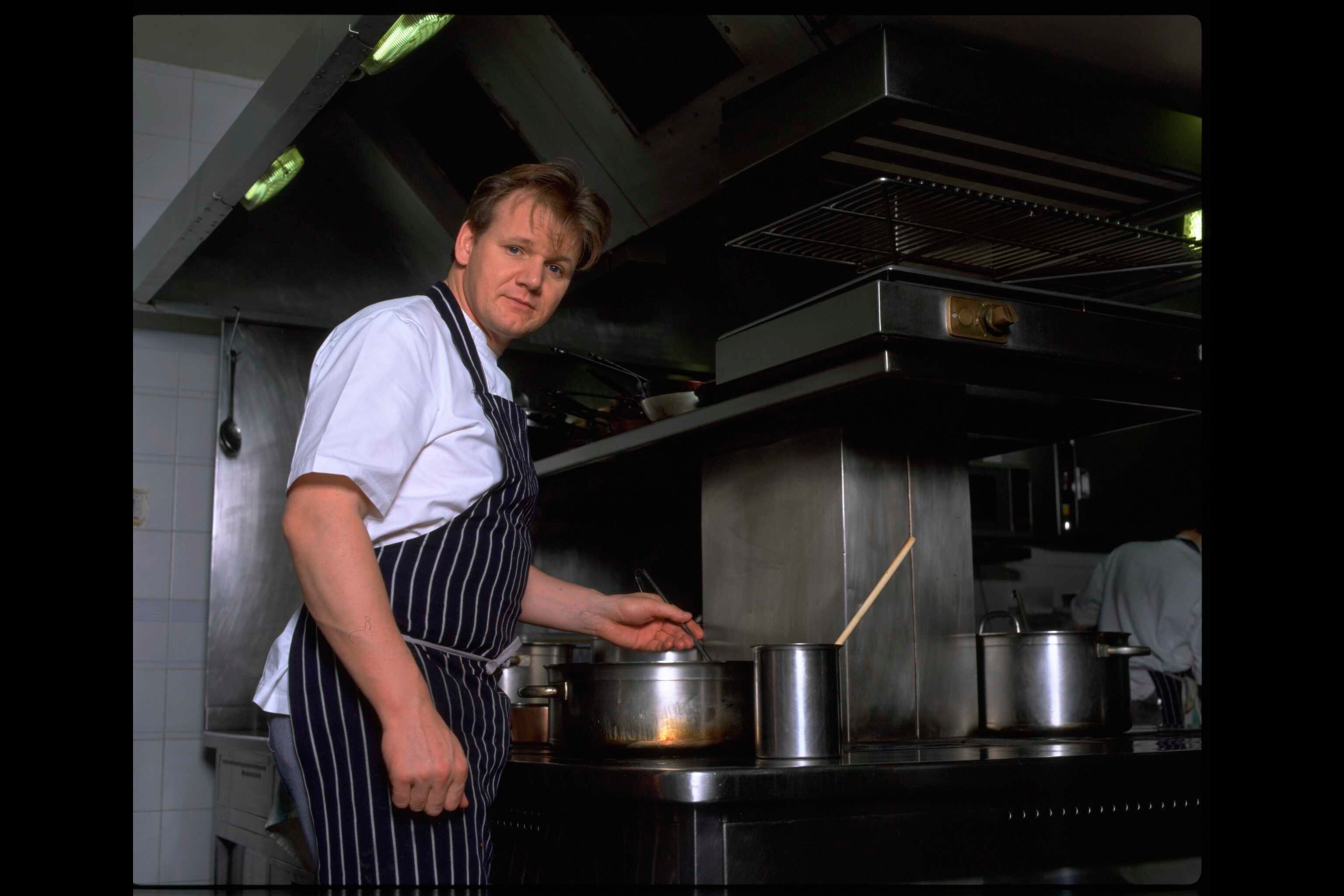
Ramsay released a letter to the press shortly afterwards detailing the findings of a private detective he had hired to investigate Hutcheson’s “away days”. It claimed Hutcheson had borrowed up to £1.5m from the company. Hutcheson disputed the claim, but later pleaded guilty to a charge of conspiracy to hack into the computers of the company, for which he was sentenced to six months behind bars.
There have also been a fair few famous feuds. After Ramsay had kicked Sunday Times critic AA Gill and his dining partner Joan Collins out of his restaurant for allegedly insulting a member of staff, Gill wrote: “Ramsay is a wonderful chef, just a really second-rate human being.” Ramsay retorted with: “I loathe two things! Gill… and okra!” The papers loved it. The pair made amends five years later. And after restaurant critic Fay Maschler compared his cappuccino signature dish to the “toxic scum on a stagnant pool”, he didn’t hold back comment about her byline photo.
In fact, his views on women have come under scrutiny on more than one occasion. He once said there’s nothing less sexy than “a woman who’s had her hand up a pigeon’s arse all day”, that he’s hesitant to hire women because “PMT is a well-known problem”, that “you can’t get into the staff loo” if women are around, and that he has a distaste for female workers becoming pregnant because “how can you shout at someone who’s four months pregnant?”
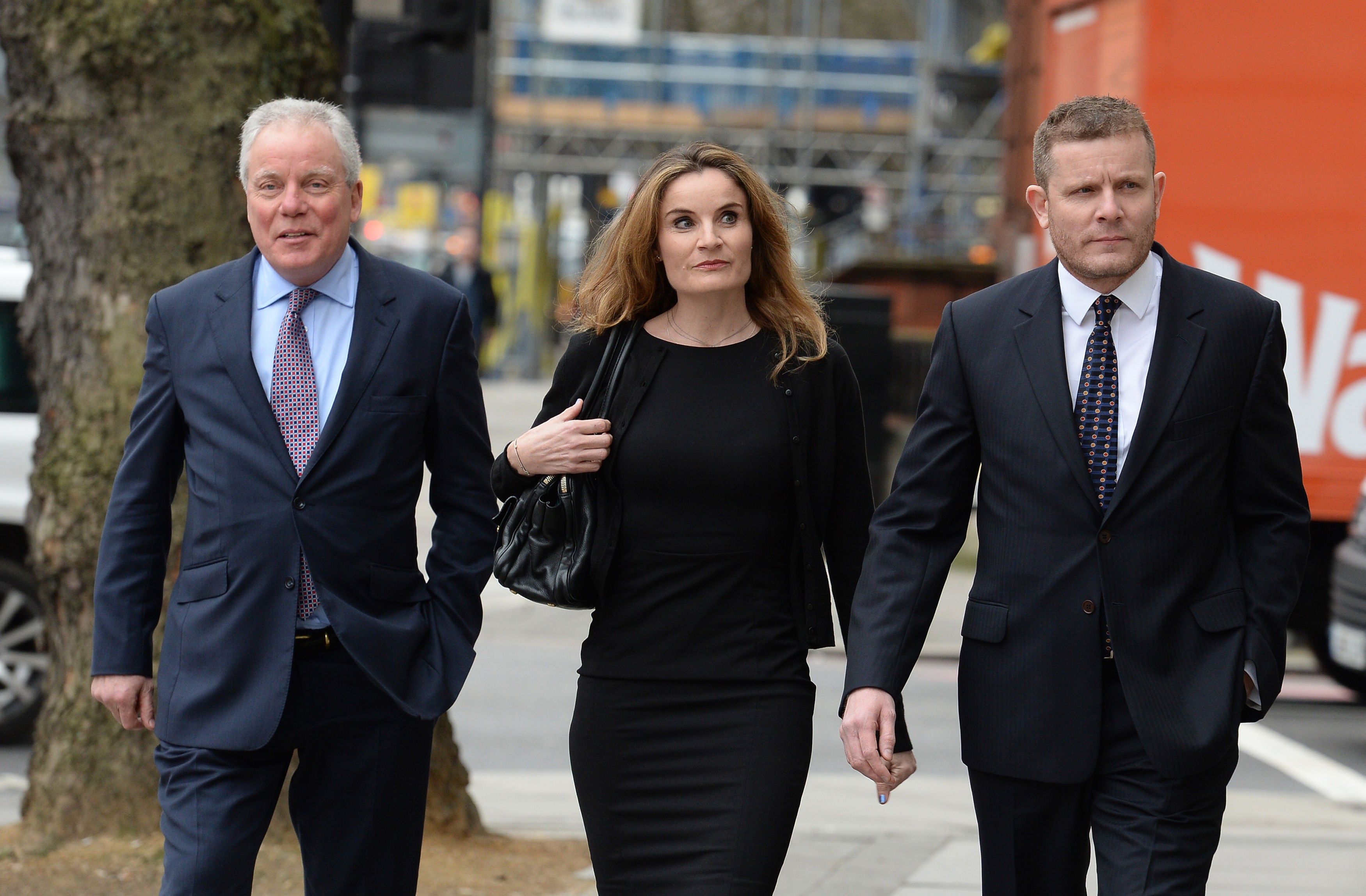
But whether you love or hate the furrow-faced, foul-mouthed king of the F-word, the odd thing is, most of the people he swears at end up swearing by him. Angela Hartnett says she owes her career to him and Clare Smyth, who started working with Ramsay at 24 and later was head chef at Restaurant Gordon Ramsay, says there’s a side to Ramsay that the public don’t see. When she presented Ramsay with a business plan for Core, her three Michelin-starred restaurant in London, he not only gave her his blessing, but helped her make it a reality.
Ramsay’s success has always relied on a delicate balance: between his reputation as a chef; his acumen as a businessman (he’s reported to be worth anywhere between $160m and $220m); and his fame as a TV personality. And he’s certainly mellowed. Today, more people are likely to know him from more nurturing shows like Future Food Stars, Bourdain-esque travelogues like Gordon Ramsay Uncharted, or as the lovable, de-facto dad figure on Gordon, Gino and Fred’s Road Trip.
Clearly, family is just as important as fortune, with his brood growing alongside his businesses. He’s got six children with Tana, his wife of 28 years. There’s the eldest, Megan, 26, twins Holly and Jack, 24, Matilda, 22, Oscar, five and Jesse James who arrived last year.
Opening five restaurants in a year sounds like a lot, especially when so many in the food industry are struggling, and this is the biggest project the brand has ever taken on. But for Ramsay, it’s just another Monday. He claims he’s “never been really turned on about the money”, and with $220m in the bank, he could just take the day off. But Ramsay isn’t going to stop empire-building now. It’s just not the way he’s built.




Join our commenting forum
Join thought-provoking conversations, follow other Independent readers and see their replies
Comments